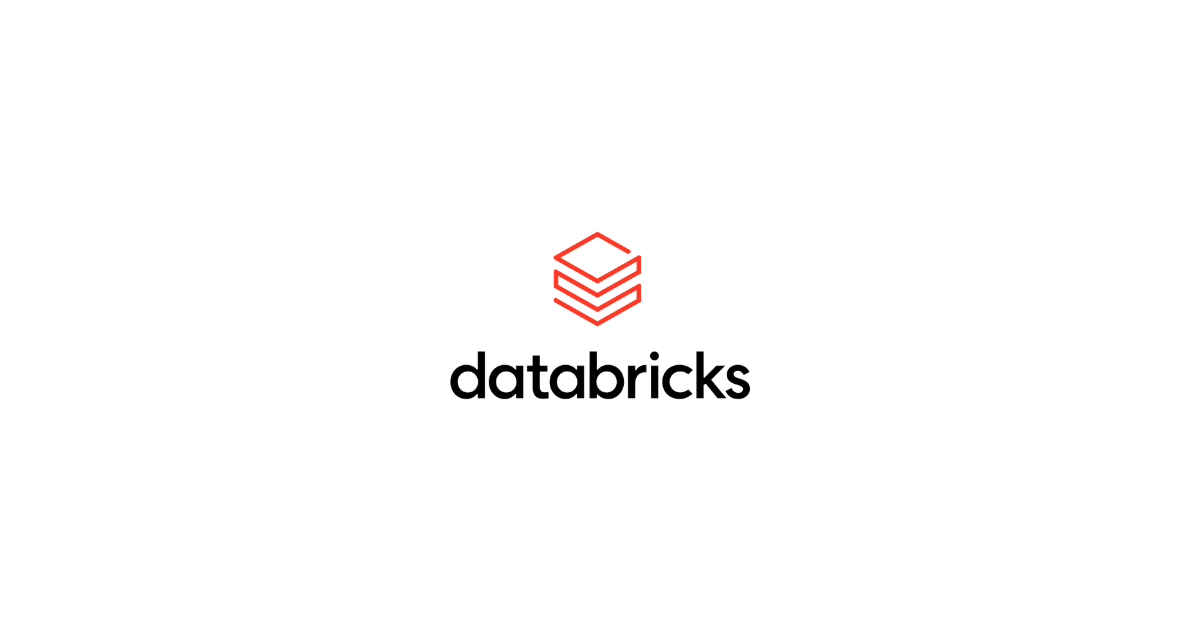Databricks Expands San Francisco Presence with New Headquarters and AI Summit Commitment

Databricks has announced a major investment in San Francisco, including the opening of a new headquarters and a multi-year commitment to host its annual Data + AI Summit in the city, announced in a press release. The new headquarters, located at One Sansome Street, will provide 150,000 square feet of space for collaboration and innovation, featuring a state-of-the-art Data and AI Academy.
The company plans to invest over $1 billion into its San Francisco operations over the next three years. Additionally, the Data + AI Summit is expected to generate $980 million in business value for the city through 2030. The summit will bring together over 20,000 attendees in 2025, with numbers projected to grow to nearly 50,000 by 2030.
Databricks' commitment to San Francisco underscores its confidence in the city as a hub for AI innovation. The company aims to double its local workforce over the next two years, focusing on engineering and AI talent. This expansion is part of Databricks' broader strategy to enhance its presence and foster long-term relationships in the Bay Area.
We hope you enjoyed this article.
Consider subscribing to one of our newsletters like Enterprise AI Brief or Daily AI Brief.
Also, consider following us on social media:
More from: Enterprise
Subscribe to Enterprise AI Brief
Weekly report on AI business applications, enterprise software releases, automation tools, and industry implementations.
Whitepaper
Stanford HAI’s 2025 AI Index Reveals Record Growth in AI Capabilities, Investment, and Regulation
The 2025 AI Index by Stanford HAI provides a comprehensive overview of the global state of artificial intelligence, highlighting significant advancements in AI capabilities, investment, and regulation. The report details improvements in AI performance, increased adoption in various sectors, and the growing global optimism towards AI, despite ongoing challenges in reasoning and trust. It serves as a critical resource for policymakers, researchers, and industry leaders to understand AI's rapid evolution and its implications.
Read more
